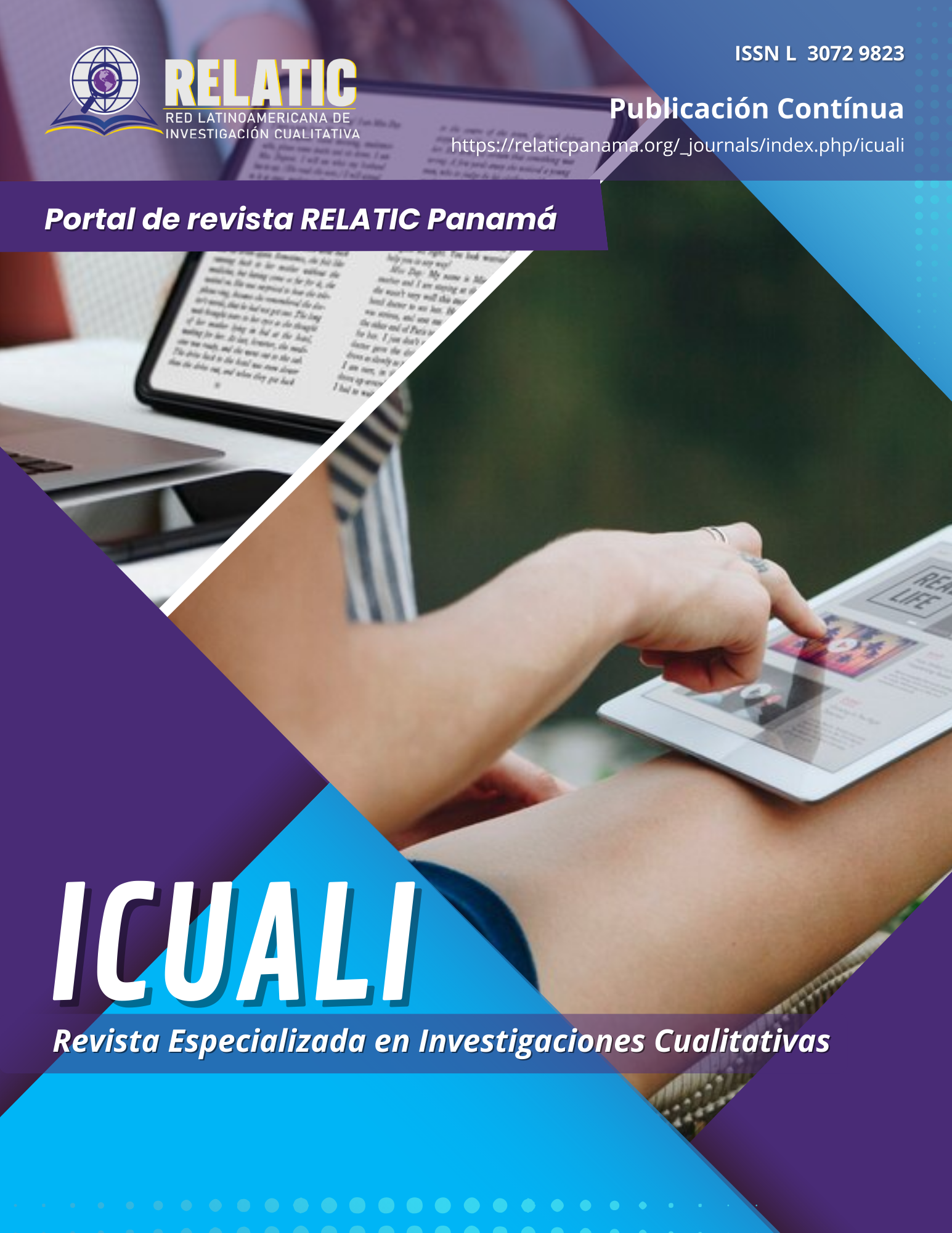Psycho-pedagogical factors affecting school dropout: a case study in Cordoba-Colombia
Main Article Content
Abstract
School dropout in basic secondary education is an alarming phenomenon that significantly affects the educational and social development of young people in the region of Córdoba, Colombia. This problem is characterized by the premature interruption of education by students, which results in a lack of continuity in their studies and, eventually, in fewer job opportunities and, broadly speaking, in limited personal development in the future. In the context of the Department of Córdoba, data from the 2019 Statistical Bulletin of the Secretary of Education indicate a total enrollment of 259,029 students, with a predominance of official enrollment proportional to 87.2%, despite presenting a decrease in school dropout, this criterion is still below the national average, which underlines the need to continue researching and addressing its operation and how it could be effectively solved. The objective was to theoretically define the psycho-pedagogical factors that influence school dropout in order to apply it in a second phase in an educational institution in the Department of Córdoba. The methodology proposed is from the interpretative paradigm in which a qualitative study of descriptive scope will be carried out, with a hermeneutic approach of the existing scientific literature on school dropout. It was found that the factors that determine school dropout in the scientific literature are socioeconomic and family factors, academic factors, psychological and emotional factors, contextual and school environment factors, and finally, cultural and social factors.
Downloads
Article Details
Issue
Section

This work is licensed under a Creative Commons Attribution-NonCommercial-ShareAlike 4.0 International License.


